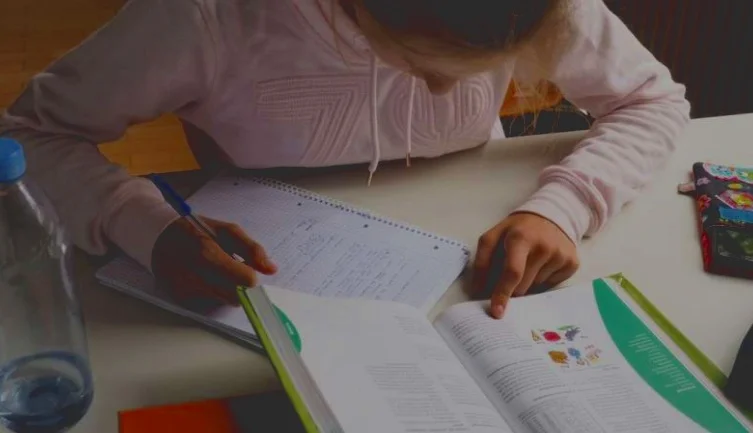Homework can bring us to our knees — “Just, will you JUST, finish it ALREADY!?” It’s hard to like ourselves as we scream, judge, blame and compare when we’ve flipped our lid. And, once we’re calm, it’s difficult to let go of the guilt. It’s crazy making stuff that we want to be SO DONE with.
Off to College
A few weeks ago, I spent two days at your university, listening to deans, advisors and mental health professionals tell us parents how to support you and your classmates in the upcoming year. I was pretty relaxed; nothing they said was too jarring.
It all made me wonder: What would this moment be like had I not learned P.E.T.?
Lots to Be Thankful For
Last year, a friend described senior year (Year 13 in HK) as "excruciating," joking that she'd be relieved when her son, after dragging his feet for months on his college applications, finally took off. I just nodded nervously: would that be me?
Not so! I am deeply grateful I am enjoying Harrison's last year.
And then there's the Q & A session Jake held recently for my class participants . . .
Can ignoring my child help?
By zooming in on behavior, we often feel in an uncomfortable bind: Gee, I don't want to encourage this! If I give her attention or Active Listen her, isn't that rewarding unacceptable behavior? I need to teach her that that is NOT a good way to act.
Dr. Gordon points out that, in raising children, we often rely too much on unacceptance of behavior. We think the optimal way to guide is to send the message that their behavior -- here, the crying and screaming that many might deem "too sensitive" or "clingy" or "wimpy" or "babyish" or "crybaby" -- needs to change.
He advocates a vastly different approach:
My Freak-Out Over Internet Safety - C.U.E. #7
Last week, when my 14 year old Jake interrupted me in the kitchen with, “Just have a look at what this person messaged me on Facebook," I let slip a golden opportunity to help him grow.
Why? Because I panicked.
Someone -- apparently she had ten friends in common with Jake -- had contacted him saying, after seeing photos, she wanted to book him for some modeling.
Our "Gamble" with Piano
As parents, it may be hard to shift to this place where we give it our best shot and then it's out of our hands. We feel locked in battle and "losing" is hard to swallow.
But let's zoom out and focus on this comforting fact: by refusing to use power, we are winning a truly important war, a war for a lasting positive relationship with our children.
How to Active Listen Silence
You CAN help your child feel HEARD even when he hasn't SAID anything. So keep on guessing and feeling your way through what might feel like a painfully awkward one way conversation. The benefits for the child and your relationship are worth it.

























